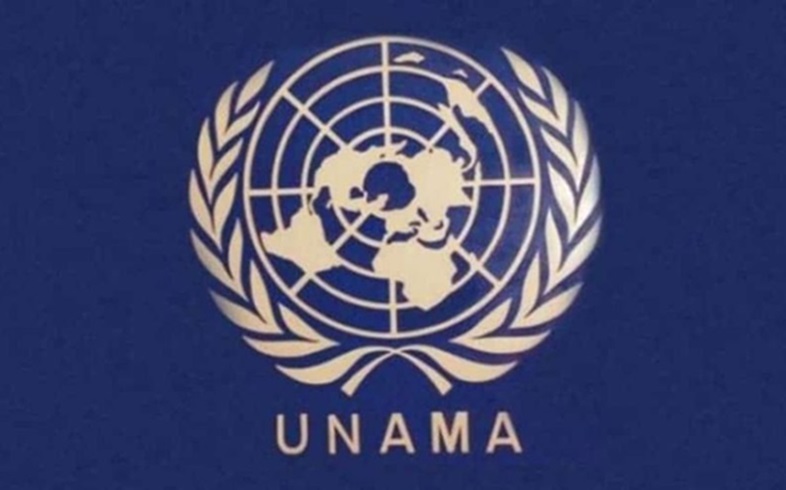The United Nations Assistance Mission in Afghanistan (UNAMA) has expressed “deep disappointment” over the continued restrictions on girls’ education beyond grade six for the fourth consecutive year.
In a statement, UNAMA said that the ban on girls’ education only worsens Afghanistan’s human rights situation, humanitarian aid efforts, and economic crises.
The statement, quoting Roza Otunbayeva, head of UNAMA, noted that the prohibition on girls’ education not only damages their prospects for the future but also harms peace and the overall well-being of the Afghan people.
Roza Otunbayeva stated: “I am deeply disappointed that the authorities continue to ignore the voices of people across Afghanistan – people who have endured decades of war and are now struggling through a humanitarian crisis. This restriction undermines the prospect of Afghanistan’s recovery and must be reversed.”
UNAMA further stated that the restriction on girls’ education beyond grade six is one of the main reasons for Afghanistan’s ongoing isolation from the international community.
The head of UNAMA added: “This restriction remains one of the key factors keeping Afghanistan isolated from the global community, delaying the country’s path to recovery. Nevertheless, I call on international donors to continue supporting the people of Afghanistan, particularly in the education sector.”
Meanwhile, according to statistics from the United Nations Children’s Fund (UNICEF), the restriction on girls’ access to education above grade six has so far affected 2.2 million Afghan girls, including 400,000 just in this year alone.
UNICEF added that if the restriction continues until 2030, more than 4 million girls will be affected.
This comes as the Ministry of Education, on Thursday of last week, announced the beginning of the new academic year for boys and girls below grade six, but made no mention of education for girls above that level.

